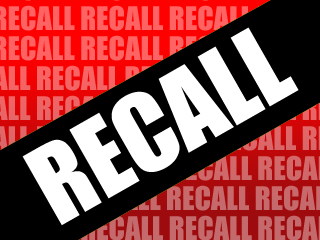“Aging in place” is the mantra of elder care, ideally at home or in one facility that will serve your needs forever. It rarely happens. Things change. In the trade, moves are known to cause “relocation trauma,” physically and emotionally, for the frail elderly person, already sick and scared, and for the adult children, who must orchestrate everything. -From The New York Times blog, “The New Old Age”
As part of the community “TimesPeople” I regularly comment on the The New Old Age Blog. Here is what I have to say about their recent article, The Last Place She Expected to Be
These are very significant life-style changes, as they signal a loss of independence. It represents a time when our loved ones lose control over their environment and their health. Restrictive environments like assisted living and nursing homes are increasingly pushing adult children and seniors' specialists to redefine how we look at aging. It can be argued they serve a purpose, but the sentiment of a strong majority of seniors and their adult children (over 85%) is these restrictive envirionments are a destination of last resort on the "way out."
Ten thousand Boomers a day are turning 65. Boomers must not only contend with lifestyle and wellness issues of their own but additionally must focus on the well-being of their aging parents, whose age group at 86 is the fastest growing segment of the senior population. Add to the mix angst over money and you could end up with a recipe for disaster. Showing empathy toward your fellow Boomer by way of your comments carries cathartic and therapeutic benefits. But that's not enough. Life should be about fulfillment, and that happens when you're better prepared. So stay engaged and healthy for a lifetime of independence.
Andy Berger
Andy Berger is the president of Senior Wellness Specialists, a lifestyle and healthcare services company offering Universal Design and Senior Concierge services for all stages of life.














